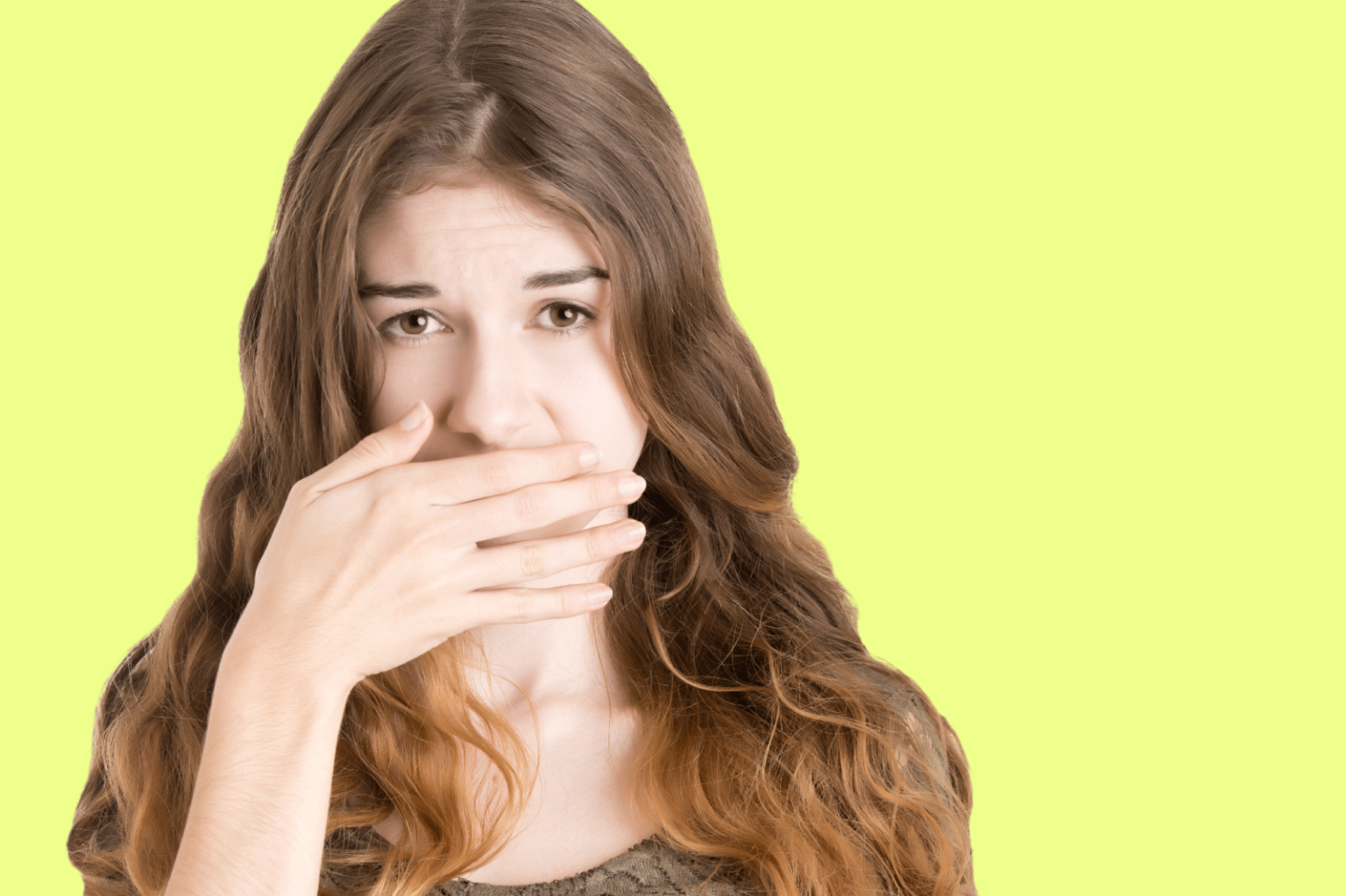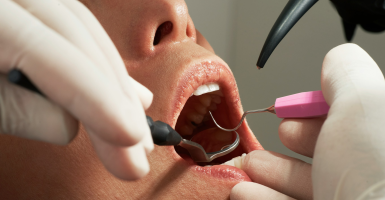Dry mouth and bad breath can be incredibly uncomfortable and embarrassing for many people. Not only can it lead to a feeling of discomfort in social situations, but it can also be a sign of an underlying dental health issue. Fortunately, there are steps you can take to help alleviate symptoms and prevent dry mouth and bad breath.
The first step is to identify the underlying cause of the dry mouth and bad breath. Common causes of dry mouth and bad breath include smoking, certain medications, dehydration, and certain medical conditions. If you think one of these factors is contributing to your dry mouth and bad breath, it’s important to speak with your doctor or dentist to determine the best way to tackle the issue.
Smoking and tobacco products can cause dry mouth and bad breath due to the toxins they contain. The toxins damage the salivary glands and reduce the amount of saliva produced which leads to dry mouth and bad breath. Quitting smoking or using tobacco products is the best way to reduce the symptoms and improve your overall dental health.
Certain medications can also cause dry mouth and bad breath. If you’re taking a medication for a medical condition and are experiencing dry mouth and bad breath, speak with your doctor about alternative medications or ways to reduce the side effects.
Dehydration can also lead to dry mouth and bad breath. If you’re not drinking enough water throughout the day, it can lead to a decrease in saliva production and an increase in bad breath. It’s important to ensure you’re drinking plenty of water throughout the day, as well as avoiding sugary and acidic beverages.
Finally, certain medical conditions can cause dry mouth and bad breath. These include diabetes, Sjogren’s Syndrome, HIV/AIDS, and other autoimmune diseases. If you’re experiencing dry mouth and bad breath and believe it could be caused by a medical condition, speak with your doctor to determine the best course of action.
The good news is, there are steps you can take to alleviate dry mouth and bad breath. This includes drinking plenty of water, brushing and flossing twice a day, avoiding sugary and acidic beverages, and quitting smoking or using tobacco products.










